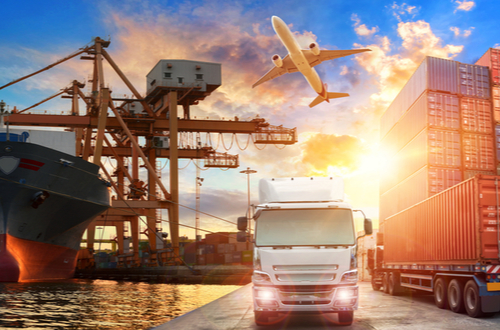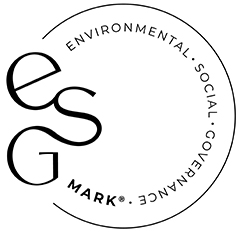Since the end of the transition period at 11.00pm on 31 December 2020, the effects of Brexit continue to impact businesses - especially those moving goods across borders.
The focus here is where those movements create ‘double events’ for VAT and/or duty.
There are several factors that can create these double events. Only by breaking these down can the potential options to circumvent these be discovered.
The three main players are origin, route and Incoterms.
Origin
Origin should be simple. At its most basic, it’s where the goods are created. However, the subsequent processing of a good can itself create a new point of origin. The extent of what this process needs to be is a huge topic. To possibly over-simplify, if the good post and pre-process are identified by different commodity codes then the likelihood is that the process has created a new origin point.
The reason that origin is important is that there are reliefs and heavy charges for certain goods with certain places of origin. For example, steel originating outside the EU is subject to an additional ‘anti-dumping duty’. These additional costs are imposed on goods that are seen as being sold below market price and are used to prevent the goods flooding markets and damaging local producers.
The Trade Co-Operation Agreement (TCA) that was signed on Christmas Eve in 2020 relieves most goods originating in the EU of duty when arriving into Great Britain from the EU.
This relief was soon tested by the ‘Percy Pig Principle’. Percy Pig sweets are sold by Marks and Spencer and are manufactured in Germany. The first post-Brexit batch was delivered to M&S’s central depot in Great Britain. Here, a small proportion are forwarded to the Republic of Ireland where M&S has some stores. When the goods arrived at Irish customs duty was charged – the TCA only relieved duty on goods arriving from Great Britain that originated in Great Britain.
Route
The route is simply through which countries are goods moved/stored in the course of a transaction. The starting point for a route may not be the origin point for the goods concerned.
This is where the most common questions arise. Goods being imported from outside the EU are then stored at a warehouse in the EU and then make their final leg of the journey to Great Britain (we exclude Northern Ireland in this example due to the NI protocol).
The usual issue is that duty is payable when the goods arrive in the EU, and then again when the goods enter Great Britain (as their origin is outside the EU).
Incoterms
The third key issue is the Incoterms of the movement. Incoterms are the internationally recognised way of identifying who has responsibility or the goods at which point on the route. They range from ‘ex-works’ - where the responsibility of the movement is the buyer’s once the goods leave the seller’s premises - to ‘Delivered Duty Paid’ (DDP) - where the responsibility is the seller’s until they arrive at the buyer’s premises (or the nominated customer).
Incoterms enable Customs to determine who’s ultimately responsible for paying the import taxes. An Incoterm can create a need to register and account for taxes in other countries.
Solutions are as variable as the transactions. It’s important to note that for some the cost of the solution may exceed the additional duty/VAT charges but it’s important that the options are identified.
Please contact Ian Marrow if you would like to discuss these matters further.
If you have any questions about the above, or would like more information specific to your circumstances, please enter your email address below and we will get in touch:













